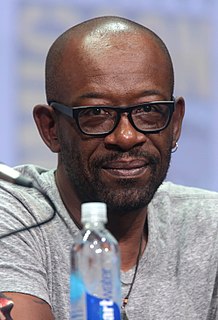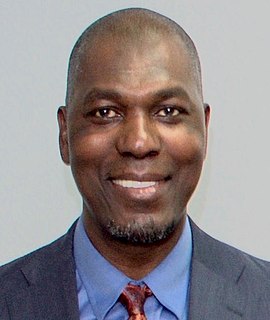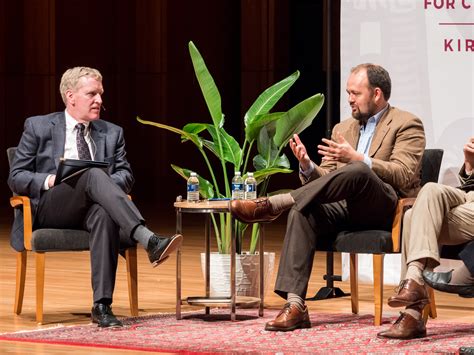A Quote by Michael Scheuer
I think you can take the recent war in Lebanon as a very good example of how this plays. The Americans and their allies clearly stood back - clearly in the eyes of Muslims - and basically said to the Israelis, "Do what you need to do, and we'll hold the ring for you and not call a cease-fire." That perception in the Muslim world very much played to the anti-American sentiment.
Related Quotes
We need to put pressure on Trump, to speak out very forcefully that he's the president of all Americans including Muslims, and that his administration, including his law enforcement, is going to take very, very seriously any crimes against any Americas based on their race or their faith, including Muslims. He needs to send that signal very, very soon and very, very clearly. Otherwise, he's going to be seen as culpable. And his silence may be interpreted as encouragement, rightly or wrongly.
There was so much anti-Irish sentiment not just from other kids at the school I went to in Britain, but also the teachers themselves. I remember very clearly a lot of the things people said to me and my sisters. And of course those sentiments go back a long way. When my dad visited London in the 50s and was looking for somewhere to stay, there were signs outside boarding houses that said "No blacks, no Irish."
When I was playing, I didn't realize how much of an impact I would make on people, Muslim or non-Muslim. We played a lot of games during Ramadan. On national TV, the announcers were commenting about Ramadan, and this raised the awareness to the general public and we made all the Muslims very, very proud.
One of the misperceptions that exists in the Muslim world, which needs to be fixed, is the perception that Muslims in America are - are - are living in - in very, very, very bad circumstances. They cannot practice religion freely. It is not the truth at all. The fact is, we are practicing. We fast, we pray, we do our prayers.
Muslims are very keenly aware of the history of their community, of the history of that relationship between their community and the rest of the world. And they have had this all through the centuries and are very much heightened by modern communications. I mean now you have Muslims in the Muslim world who can compare their situations with people elsewhere and they find that very humiliating.
Even if you are a liberal in the Muslim world, when you see Abu Ghraib and Guantanamo, and you see all the other reports of abuses by American forces, it's very hard to get up and say, "We should simulate the American ways," because this is the face of America now in the Muslim world, for many Muslims.




































